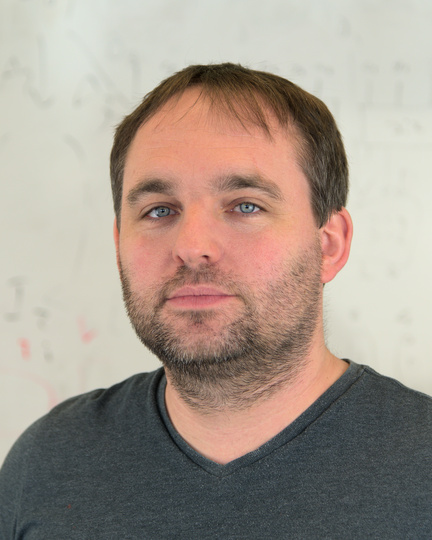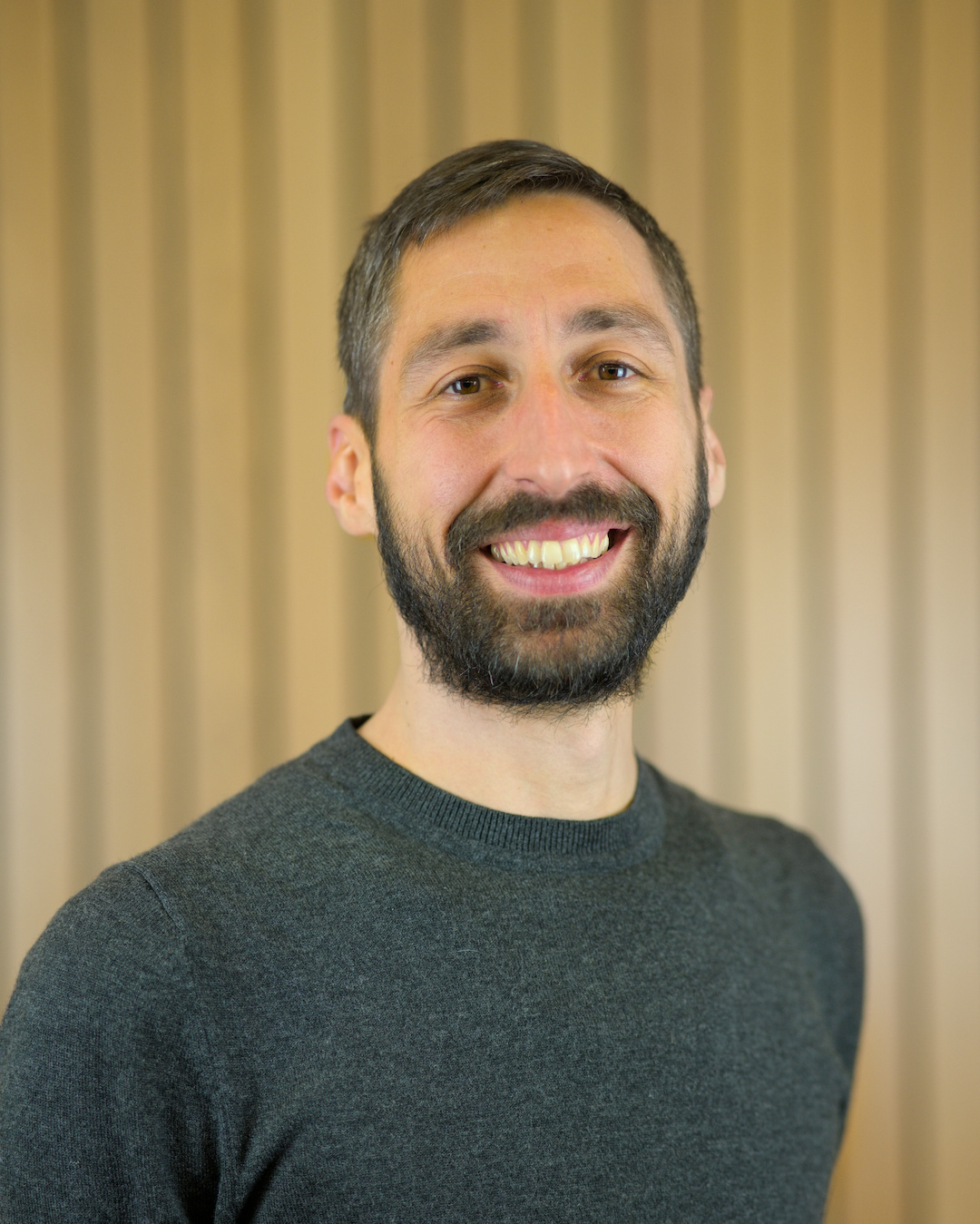xDSL: a Python-based Compiler Ecosystem
We will be presenting xDSL as part of the ASPLOS 2025 tutorial session.
Details
Date and Time: Sunday 30 March 2025, 9:00-12:30 Location: Leeuwen room II
Abstract
xDSL is a Python-based framework that enhances MLIR by enabling flexible interaction through a shared textual IR format and the IRDL dialect, which defines other dialects. It supports native Python development, DSL integration, and low-level compiler extensions, simplifying compiler research and prototyping. By offering loosely coupled integration with MLIR, xDSL reduces the need for deep expertise in C++ and LLVM, making it accessible for diverse use cases while streamlining compiler workflows.
In this tutorial, we will introduce xDSL and some of its so far applications in various application domains, demonstrate its capabilities, and guide attendees in creating and optimizing domain-specific languages using MLIR through hands-on exercises. This tutorial introduces xDSL’s core concepts and practical implementation techniques through hands-on examples. In more detail, we will provide participants with the necessary information on 1) how to define, extend and combine IR dialects, 2) leverage the existing optimization capabilities to define transformation passes that operate domain-specific and across dialects, 3) lower dialects and interface with existing MLIR/LLVM workflows. By the end, attendees will understand how to develop efficient, maintainable DSL compilers using xDSL’s modular approach, and be equipped to integrate xDSL into their development workflows.
Links
Program
| Time | Event | Speaker(s) |
|---|---|---|
| 09:00-09:05 | Welcome | Sasha Lopoukhine (University of Cambridge) |
| 09:05-09:25 | xDSL: Overview and Why to Adopt It | Tobias Grosser (University of Cambridge) and Chris Vasiladiotis (University of Edinburgh) |
| 09:25-09:45 | Hardware-Informed Domain-Specific Transformations | Sasha Lopoukhine (University of Cambridge) |
| 09:45-10:05 | HPC Programmer Productivity on Novel Architectures with xDSL talk | Nick Brown (EPCC at the University of Edinburgh) |
| 10:05-10:30 | Introduction to MLIR | Sasha Lopoukhine (University of Cambridge) and Chris Vasiladiotis (University of Edinburgh) |
| 10:30-11:00 | Coffee Break | |
| 11:00-12:25 | Hands-on Interactive Tutorial | Sasha Lopoukhine (University of Cambridge) and Chris Vasiladiotis (University of Edinburgh) |
| 12:25-12:30 | Closing Remarks |
Publications
- xDSL: Sidekick Compilation for SSA-Based Compilers, Fehr et al., CGO 2025
- A Shared Compilation Stack for Distributed-Memory Parallelism in Stencil DSLs, Bisbas et al., ASPLOS 2024
- A Multi-level Compiler Backend for Accelerated Micro-kernels Targeting RISC-V ISA Extensions, Lopoukhine et al., CGO 2025
- Seamless Acceleration of Fortran Intrinsics via AMD AI Engines, Brown et al., FPGA 2025
- Fully Integrating the Flang Fortran Compiler with Standard MLIR, Brown, SC 2024
Team

Tobias Grosser
Tobias Grosser is an Associate Professor at the University of Cambridge and an advocate for open-source-first research. Tobias co-founded the Polyhedral loop optimization framework Polly, the FPL Presburger Math Library for MLIR, the LLHD/CIRCT hardware-design compiler, and is advocating teaching compiler design using state-of-the-art technology from the MLIR/LLVM ecosystem supported by his Python-Native xDSL compiler. Tobias was a Google PhD Fellow at ENS Paris, an SNSF Ambizione Fellow at ETH Zurich, and a Reader at the University of Edinburgh. He supervises currently six PhD students who actively contribute to the open-source compiler ecosystem.

Nick Brown
Nick Brown is a Senior Research Fellow at EPCC, the University of Edinburgh, with a strong focus on High Performance Computing (HPC). Working at the UK’s leading supercomputing centre, much of his research centres around the role that novel hardware can play in future supercomputers. Given the energy efficiency of many emerging hardware technologies, his work is particularly relevant to advancing supercomputing workloads towards Net-Zero goals. Nick is deeply motivated by the grand challenge of enabling scientific programmers to effectively leverage these technologies without requiring extensive expertise in hardware or architecture. His research integrates novel algorithmic approaches for new hardware, programming language and library design, and compiler development to bridge this gap and empower researchers in the HPC community.

Chris Vasiladiotis
Chris Vasiladiotis is a Research Associate at the University of Edinburgh. His research interests lie in compiler technologies and domain-specific languages (DSLs), aiming to bridge the gap between hardware capabilities and software efficiency. He is actively involved in the development of xDSL, a Python-based compiler infrastructure designed to simplify the creation and optimization of DSLs using MLIR. Chris holds a PhD in Computer Science from the University of Edinburgh where he worked on hybrid static/dynamic automatic parallelization techniques for applications utilizing heap-based data structures.

Sasha Lopoukhine
Sasha Lopoukhine is a PhD student at the University of Cambridge, researching making machine learning compilers more approachable and extensible. His recent work has been to leverage xDSL to implement a backend for linear algebra micro-kernels targeting ETH's Snitch core, outperforming the state-of-the-art LLVM backend by a factor of 20.
Organization
Please contact Chris Vasiladiotis for any questions or further information.